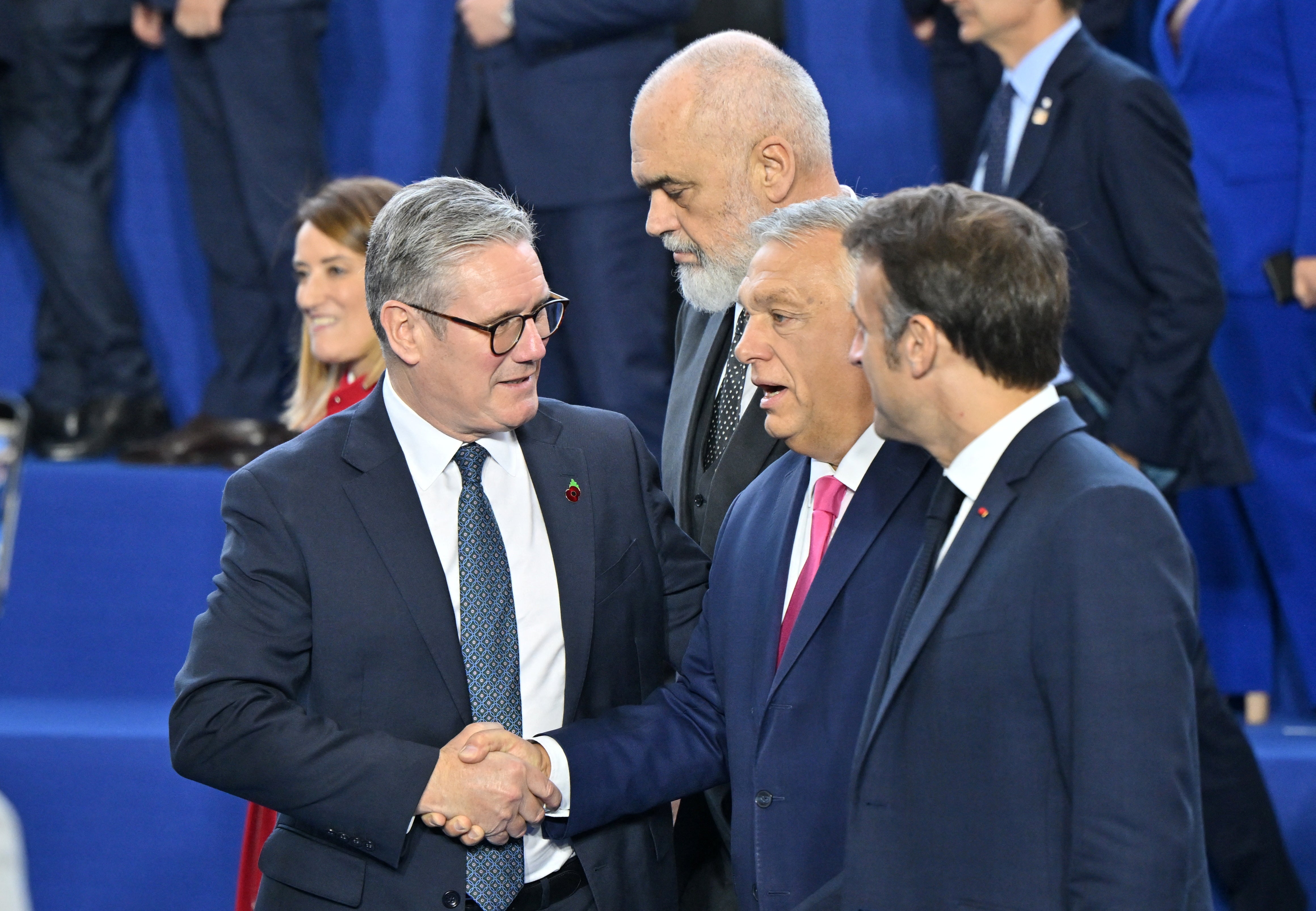ARTICLE AD BOX
Albanians head to the polls on Sunday, with Prime Minister Edi Rama vying for an unprecedented fourth term. His Socialist Party has campaigned on an ambitious pledge to secure EU membership within five years, a promise echoing throughout a boisterous campaign marked by clashes with conservative rivals.
The election has been injected with a dose of unpredictability. For the first time, Albanians abroad are eligible to vote, adding a new dimension to the political landscape. Emerging parties, a surge in social media campaigning, and even a recent TikTok ban have further stirred the pot. Mr Rama's opponents have enlisted a high-profile US strategist to bolster their efforts.
This election cycle sees 2,046 candidates from 11 political groups, including three coalitions, competing for 140 parliamentary seats. Among the 3.7 million eligible voters are members of the diaspora casting ballots by mail for the first time in Albanian history. The outcome will determine the political direction of this nation of 2.8 million for the next four years.
Voting opened at 7am local time and runs until 7pm.
Mr Rama, 60, secured the start of EU membership negotiations last October and is relying heavily on that momentum. His campaign also highlighted achievements in infrastructure and justice reform.
Under the party slogan "Albania 2030 in EU, Only with Edi and SP", Mr Rama insists full EU accession is possible by 2030 with annual funding of 1 billion euros ( 1.13 billion) upon joining.

EU foreign policy chief Kaja Kallas is pressing Albania to continue reforms - particularly in governance and anti-corruption efforts - to stay on track for EU membership.
Commentators are also sceptical. "It is an electoral pledge which is a citizens' desire," independent analyst Aleksander Cipa says, describing Mr Rama's timeline as "not realisable".
Mr Rama's main challenger is Sali Berisha, a hoarse-voiced and energetic 80-year-old survivor of Albania's tumultuous politics.
Mr Berisha, a former president and prime minister, has led the conservative Democratic Party of Albania since its founding in 1990, when student protests marked the end of communist isolation.
He argues Albania is not ready for EU membership. His leadership - fraught with party feuds and corruption allegations - and messaging remain contentious. He started the campaign - borrowing from US President Donald Trump - with the slogan "Make Albania Great Again", but eventually settled on "Grandiose Albania".
Albania's Democratic Party hired Chris LaCivita, the veteran Republican political consultant and architect of Mr Trump's 2024 presidential campaign.
Mr Berisha often appears at rallies wearing a blue baseball cap marked with a No 1, the party's position on the ballot. In response, Mr Rama sports a black cap emblazoned with the Socialist Party's No 5.
Economic concerns have also been central to the campaign.
The Socialists say they will accelerate a tourism boom, from 10 million arrivals in 2024 to 30 million by 2030, diversifying destinations by expanding infrastructure projects.
The Democrats argue the government's dismal performance has driven more than one million Albanians to leave the country over the past decade.
Both parties have made similar promises: a minimum pension of 200 euros ( 225), an average monthly salary of 1,200 euros ( 1,365), and a minimum wage of 500 euros ( 570) - about 20% or higher than current levels.
Mr Berisha also advocates a 10% flat tax, value-added tax refunds for basic food items, a consumer card loaded with government money for retirees to buy basic foodstuffs at discounted prices and other benefits.
The pledges have blurred ideological lines and politics dominated by two parties has encouraged the creation of alternatives.
Several newer parties - two from the centre-right and two left-wing - could emerge as kingmakers if no major party wins a majority.
But analyst Lutfi Dervishi considers that scenario unlikely.
"It's a campaign without debate and results without surprises," he said. "Elections won't shake up the current scene - neither the system nor the main actors."









 English (US) ·
English (US) ·